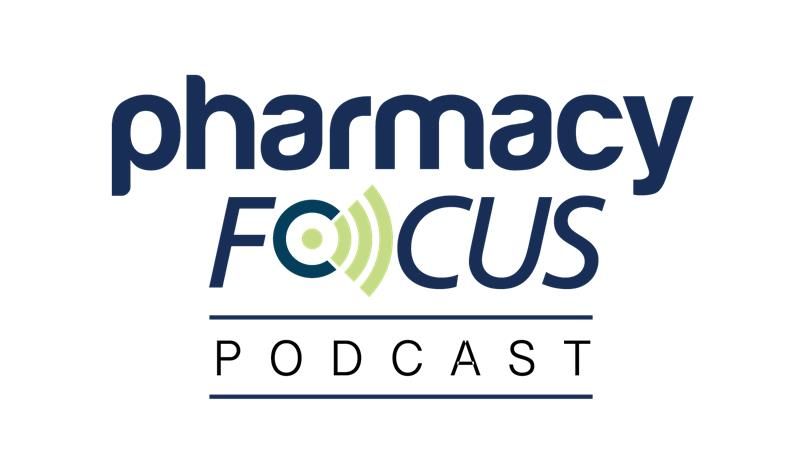Article
Targeting Protein Could Improve Cholesterol Management
Author(s):
Increasing expression of REV-ERB observed to decrease LDL cholesterol.
Currently, cholesterol can only be managed through healthy diet, exercise, and drug therapy to improve cardiovascular health. In a new study published by Biochemical Pharmacology, the authors discovered a nuclear receptor that can lower LDL cholesterol in animal models.
These findings indicate that the REV-ERB nuclear receptor may be important in regulating cholesterol metabolism, and targeted therapies could offer new treatment options. The REV-ERB receptor is a protein that involved with multiple processes. In the past, the team of investigators examined its role in regulating circadian rhythm.
Researcher Thomas Burris, PhD, chair of pharmacology and physiology at Saint Louis University, recently received a $1.36 million grant from the Department of Defense to explore the receptor’s role in diabetes and obesity. Dr Burris and his team identify hormones that regulate nuclear receptors, and then create novel targeted drugs to treat diseases.
The study authors started their research examining the role REV-ERB plays in regulating cholesterol levels. Cholesterol is important for cell survival, but an imbalance in cholesterol metabolism can lead to conditions such as atherosclerosis.
Statins can lower LDL cholesterol levels, and reduce the risk of atherosclerosis and related cardiovascular events. However, they do not work effectively in certain patients, and can cause serious side effects. Other cholesterol lowering drugs, such as PCSK9 inhibitors, are costly, and their effect on cardiovascular morbidity and mortality are unknown.
Nuclear receptors regulate physiological processes, including growth, development, and metabolic homeostasis, according to the study. Specifically, REV-ERB binds to DNA sequences and reduces the transcription of targeted genes.
Previous studies have outlined REV-ERB’s importance in biological processes, including how depletion disrupts lipid metabolism. Other findings show that mice models with low expression of the protein have increased levels of LDL and total cholesterol, which also increases the risk of cardiovascular events.
Dr Burris previously discovered that a synthetic compound of REV-ERB, SR9009, reduces total cholesterol and triglyceride levels in animal models. If these findings translate to humans, patients with uncontrolled cholesterol levels could benefit from a more targeted treatment.
In the current study, the authors found that REV-ERB suppresses cholesterol-related enzyme genes. The pharmacological activation of the protein was also seen to further suppress the genes, which then reduces cholesterol levels, according to the study.
These findings increase the understanding of how REV-ERB regulates cholesterol, which can result in new approaches to target and suppress LDL cholesterol with drug therapy options besides statins and PSK9 inhibitors, the study concluded.
Newsletter
Stay informed on drug updates, treatment guidelines, and pharmacy practice trends—subscribe to Pharmacy Times for weekly clinical insights.






